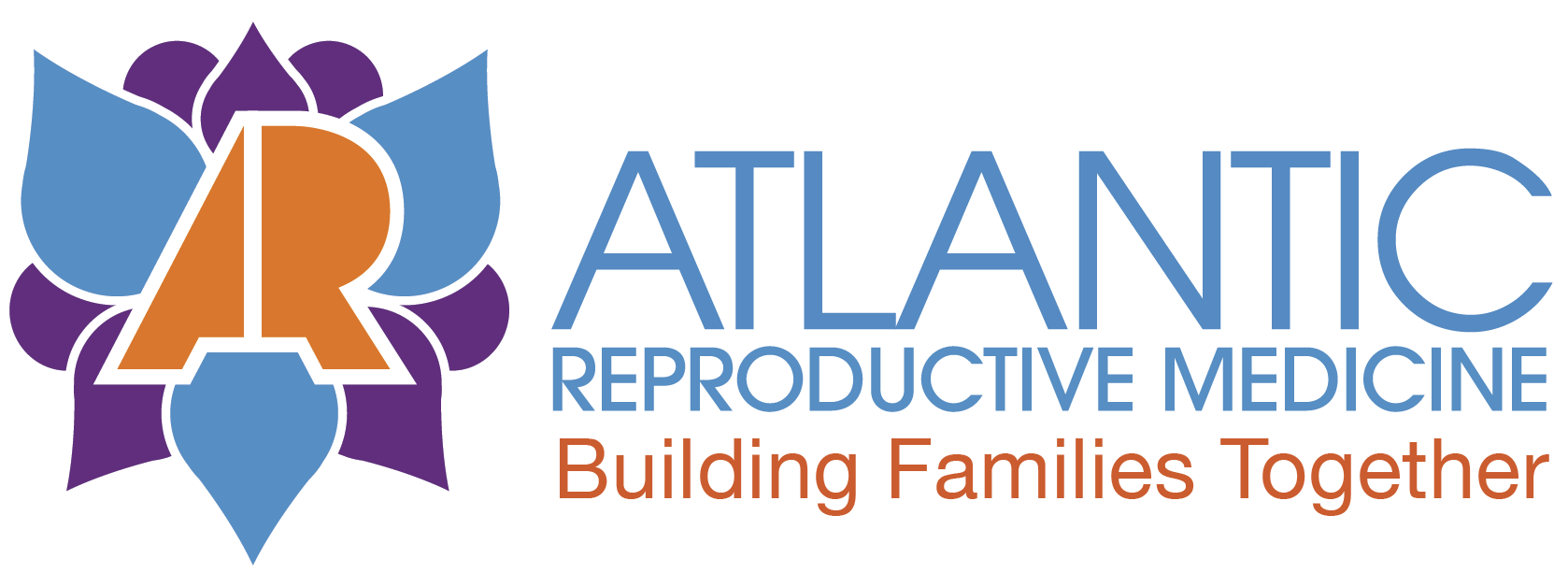Last Updated on July 7, 2025
There are many myths concerning the best ways to become pregnant. To begin, it is important to know that there are three tiers of advice that fertility doctors in Raleigh and around the nation rely upon during preconception counseling. The primary tier is to encourage a foundation of good health and wellness by taking care of the body. Naturally, it becomes more challenging to use fertility treatments if a person is unhealthy. In this article we tackle some of the most common myths that surround getting pregnant and offer insights into how to navigate them.
Eat Clean and Be Fit
For instance, during IVF (in vitro fertilization, one of the most invasive fertility treatments), women with a normal body weight have an increased pregnancy rate compared to their obese counterparts. We encourage measures similar to what a general practitioner does to keep patients healthy and well for as long as possible. Sleeping greater than seven hours every night, eating well by ingesting natural or whole foods, and limiting processed foods such as sugars, salts, and preservatives all contribute to longevity and improved fertility.
Other factors that affect the overall health of one’s body are various reproductive toxins such as cigarettes, cannabis, and alcohol. These toxins are detrimental to the egg and sperm. Physical activity and fitness is also important to fertility. Women who have irregular cycles and who walk often have higher fertility rates. It does not matter what level of physical activity is enjoyed as any type of physical activity helps to promote health and wellness.
We live in an imperfect world which contributes to the deficiency we may experience in some nutrients and vitamins; therefore, supplements are often necessary. A men’s wellness vitamin and omega-3-fatty acids found in fish oil or flaxseed improve semen parameters. Antioxidants, vitamin C, and coenzyme Q10 are recommended for both egg and sperm health.
Boy or Girl: Can you choose the gender of your baby?
Gender selection is often a topic that needs to be addressed because there are many myths associated with techniques or foods that might help select a specific gender. There is no scientific evidence in any peer-reviewed literature to date that indicates a particular food or sexual position will affect the gender of a baby. It is the sperm which determines the gender of the fertilized egg. Millions of sperm are generated which travel through the vagina, cervical mucus, and fallopian tube to reach an egg. Many sperm will try to penetrate the “sugar coating” or shell of the egg. There is no known way to guarantee which gender will do this first just by altering food intake.
However, there are two main methods used during high-intensity fertility treatments that may impact or determine the baby’s gender. One method uses a method of sorting sperm. Microsort, a company whose technology is no longer available, used a technique of “marking” the “not selected” gender while simultaneously “unmarking” the “selected’ gender.” The sperm were sent through a sorting machine which removed the “marked” sperm from the specimen. It was not perfect, but it was a procedure that could change the gender ratio from a 50/50 chance to an 80/20 chance of achieving a specific gender.
Now, there is genetic testing on the embryo after the egg and sperm unite, during the blastocyst stage. During this in vitro, biopsy cells are removed from the preplacental material and genetically tested for diseases such as cystic fibrosis, other deadly inheritable diseases, or Down’s syndrome. By selecting only genetically normal or healthy embryos, the miscarriage rate is lowered. As a consequence of this testing, the gender is known before it is implanted in the uterus. If you are under fertility treatment in Raleigh, ask your fertility doctor about determining the gender of your baby during transfer.
Infertility Treatment Options
If getting pregnant becomes a challenge, remember that there is hope and there are various fertility treatment options. For instance, women who are unable to have a child either because of illness or lack of a uterus due to hysterectomy can benefit from “Third Party Reproduction” which uses IVF to place the embryo into a gestational carrier or surrogate, who is a woman who takes medications to prepare the uterus for implantation and carries the pregnancy to delivery.
The same approach can be used for men, either single or partnered to have genetically linked children. In this case, an egg donor and gestational carrier work with the intended couple. The egg donor can also be the gestational carrier. This has opened the doorway to help people create a family even if not all of the “parts” to reproduce are present. IVF supports many family visions.
Medications
There are other methods to help a woman become pregnant which involves medications. There are different categories to help different conditions, such as regulating irregular cycles found in PCOS (Polycystic Ovarian Syndrome). In these cases, there are eggs available, but the brain or pituitary is not sending the appropriate signals to the ovary. This is often the result of excess insulin. By lowering the insulin level with drugs such as metformin or myo-inositol, women who are not ovulating will ovulate, which results in higher conception rates.
Two other medications that help women ovulate or ovulate better are clomid and letrozol (Femara). These pills “rev” up the way the body ovulates by sending signals from the hypothalamus to the pituitary to signal the ovary to release an egg. They do this by dropping the estrogen levels so that the brain (hypothalamus and pituitary) releases hormones to push the ovary harder to release an egg or multiple eggs. If releasing one egg per month is not getting the woman pregnant, then the drugs at higher dosages are used to increase ovulation to two or three eggs per month, which increases the rate of conception.
The third method to enhance conception is using a combination of medications and other fertility treatments to help the sperm get closer to the egg. As long as a woman is ovulating well and has open fallopian tubes, and if there is no pregnancy after 6 months of fertility medications, then intrauterine insemination (IUI) can be done, which helps the sperm get closer to the egg. There are many fertility treatment plans with different layers and combinations of treatment options.
Dealing with Psychological Stress
One of the last but very important aspects of fertility treatments is the psychological well-being of the couple. The psychological testing done on couples who are not yet pregnant but who have monthly periods shows that there is increased stress on the individual and the pairing which can lead to giving up the process of trying to conceive. To prevent that, it is important for patients to take care of their heads, hearts and bodies.
Reproductive psychologists are available to help guide couples and help them cope with the stress and pressure of conceiving. Their expertise is needed for this fertility journey only until a couple becomes pregnant. This form of stress reduction results in less couples giving up the process due to burnout. And the longer they keep trying, the better chances of conceiving. Other methods that relieve stress are acupuncture, yoga, journaling, meditation, guided imagery, and massage therapy.
As your journey to pregnancy begins, it is important to connect with a fertility doctor in Raleigh, North Carolina that has experience and commitment to honoring your family values. It is also important to choose a fertility clinic that offers you the latest in fertility treatment options and innovative technology to help you achieve pregnancy as quickly as possible. As the first fertility clinic in Raleigh, North Carolina offering the FDA approved INVOcell, an alternative and more affordable fertility treatment option than IVF, our fertility doctors are committed to building your family while honoring your values. Schedule a preconception counseling session with us to begin your journey to pregnancy today.

